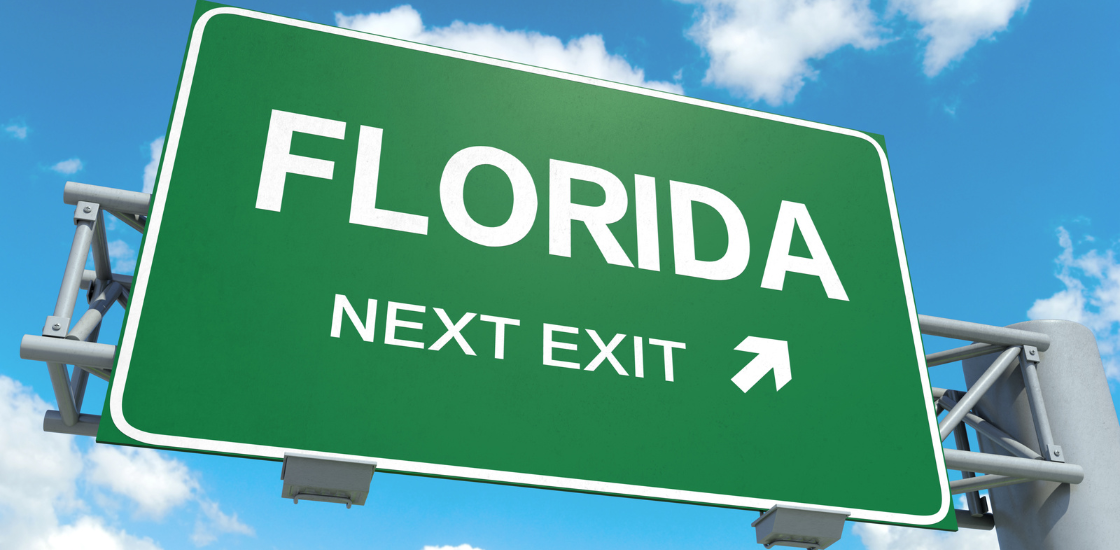Florida’s Online Sports Betting Debate: State vs. Pari-Mutuel Companies
Florida Governor Ron DeSantis and legislative leaders have submitted a substantial defense to the Florida Supreme Court, advocating for the legality of a deal allowing the Seminole Tribe to offer statewide online sports betting.

This move counters challenges from pari-mutuel companies West Flagler Associates and Bonita-Fort Myers Corp., who argue that the deal violates a 2018 constitutional amendment restricting casino gambling.
The Seminole Compact and the 2018 Amendment
At the heart of the dispute is a 2021 agreement between the state and the Seminole Tribe, which permits mobile sports wagers to be placed anywhere in Florida, processed by servers on tribal land. The deal, negotiated by DeSantis and ratified by the Legislature, bypassed a voter referendum, sparking controversy.
Pari-mutuel companies argue that this arrangement violates the 2018 amendment, which stipulates that any new authorization of casino gambling must be approved by Florida voters. They contend that including sports betting, typically found in casinos today, should fall under this amendment.
State’s Defense and Interpretation of the Amendment
In a 55-page brief, state lawyers, representing DeSantis and other legislative leaders, contend that sports betting does not qualify as ‘casino gambling’ as defined in the Florida Constitution. They argue that the 2018 amendment’s reference to ‘casino gambling’ pertains to games typically found in casinos at the time of its passing, which did not include sports betting.
The state’s brief further highlights an exception in the 2018 amendment related to the Federal Indian Gaming Regulatory Act, suggesting that the deal with the Seminole Tribe falls under this exception, allowing for the negotiation of gaming compacts for casino gambling on tribal lands.
Financial Implications and Broader Impact
The 2021 gambling deal also allowed the Seminoles to offer craps and roulette at their casinos and the potential to add three more casinos in Broward County. In return, the tribe pledged to pay the state a minimum of $2.5 billion over five years, with the possibility of more throughout the pact’s duration.
Our Comment on the Article
The legal battle in Florida underscores the complex interplay between state authority, tribal rights, and public consent in the realm of gambling regulation. The state’s defense hinges on a nuanced interpretation of the 2018 constitutional amendment and federal laws governing tribal gaming.
This case reflects broader national trends where states grapple with expanding gambling options while balancing regulatory frameworks and voter mandates. The outcome of this dispute could have significant implications for the future of online sports betting in Florida and potentially set a precedent for other states navigating similar issues.
